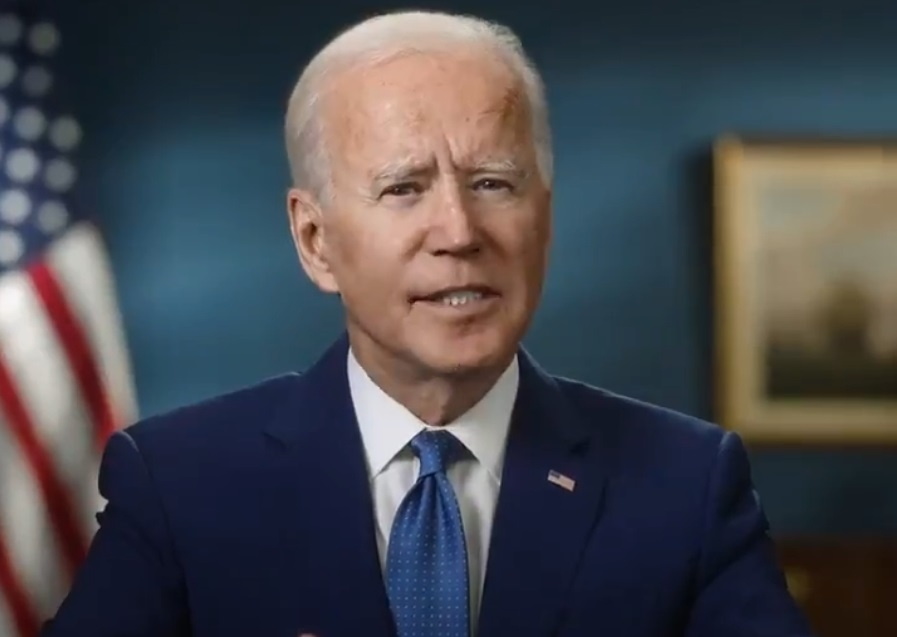In tune with the end of the Trump era, Southeast Asia is demonstrating that it favours aligning with the US over China, a Singaporean think tank on strategic affairs revealed. The region’s support for Washington may have increased as a result of the prospects of the new Biden Administration, according to an annual survey conducted by ISEAS Yusof-Ishak Institute.
The State of Southeast Asia survey released recently found that 61.5 per cent of the respondents favour aligning with the US over China if the region was forced to pick sides. That’s an increase from 53.6 per cent who chose the US over China in the same survey a year ago. Significantly, the survey disclosed that even China’s close friends– Cambodia, Indonesia, Malaysia and Thailand–were switching sides preferring the US.
Despite that, the majority of survey respondents from seven Southeast Asian nations chose China over the US, ASEAN and others as the most influential power in Southeast Asia. Around 76.3 per cent of respondents picked China as the most influential economic power, while 49.1 per cent chose China as the most influential political and strategic power.
Southeast Asia has been caught in the middle of US-China rivalry during Trump’s tenure. The region is home to more than 650 million people and some of the world’s fastest-growing economies. Its proximity to the South China Sea, a vital commercial shipping route where trillions of dollars of the world’s trade pass through add to its strategic importance.
The US has for many years been an important presence in the region through both security and economic engagements. But during Trump’s term, the US withdrew from the Trans-Pacific Partnership (TPP), a mega trade pact that included several Southeast Asian countries along with other significant regional summits. Trump’s withdrawal from the TPP was a geopolitical gift to China.
That seeming lack of interest from the US in the last few years coincided with China’s more aggressive push in the region through programmes including infrastructure investments under the Belt and Road Initiative (BRI).
But the latest ISEAS survey found that a majority of respondents around 68.6 per cent were optimistic that the US under Biden would increase its engagement in Southeast Asia. That compared with a year ago when 77 per cent thought US engagement would decrease, the survey showed. The region’s trust in the US also jumped from 30.3 per cent a year ago to 48.3 per cent in the latest survey.
The region’s renewed trust in the US is not misplaced as early signs have shown that the Biden administration would focus more on the Indo-Pacific region in the coming years.
The Biden administration has made it very clear that the US would continue to patrol the South China Sea, of which China claims more than 80 per cent. The Biden Administration has contested China's extensive territorial claims in the region, accusing it of militarising the South China Sea and trying to intimidate neighbours such as Malaysia, the Philippines, Vietnam, Indonesia and Taiwan are among those that claim sovereignty to parts of the South China Sea.
President Joe Biden has beefed up his foreign policy team with experts on Asia, while the new US Secretary of State Anthony Blinken has already rejected Beijing’s maritime claims in the waters if they exceeded the maritime zones that China was permitted under international law. He pledged to stand with Southeast Asian claimants in the face of Chinese pressure.




















